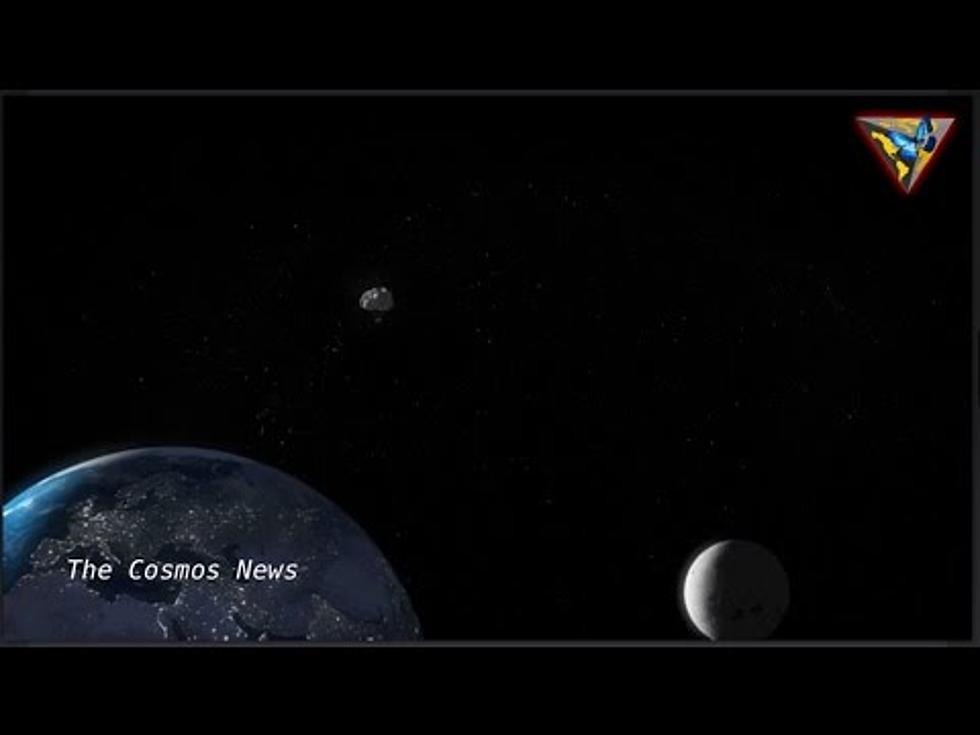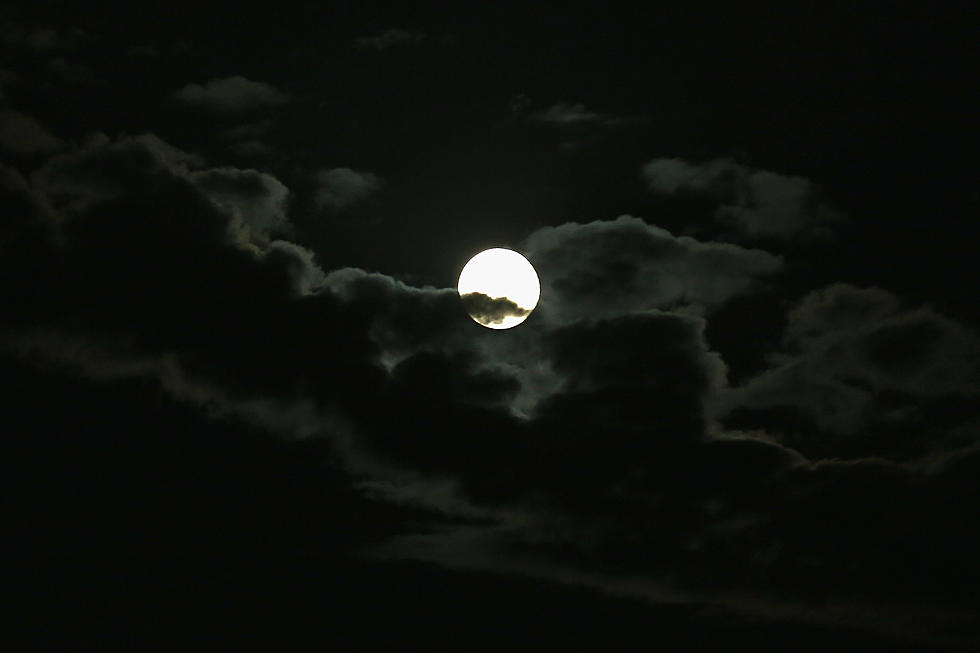
What You Should Know About This Month’s Super Blood Wolf Moon
Texas is supposed to have a pretty good view in ten days of the phenomenon known as the "super blood wolf moon." What in the world is it? Several astronomical events are coming together at one time to make this a rare and pretty incredible sight to see, so don't miss it!
Not only will Texas have a full moon this month, but it's going to be a super moon with a lunar eclipse, and because of the time of year it's being affectionately termed the “super blood wolf moon.” Animals will be howling and kids will be bouncing off the walls like never before. It will be great.
National Geographic says Earth's shadow will move over the full wolf moon Sunday, January 20th, and the moon will turn blood red for about three hours, into Monday, January 21st. If you don't know it's coming, it could totally freak you out.
This will be the year’s only total lunar eclipse, and because the full moon will be so close to Earth that night, it becomes a supermoon. A supermoon is anywhere from 14 to 30 percent larger than your average nightly moon, so your pictures will turn out great because you won't have to zoom as much.
According to Space.com, this year’s super blood wolf moon will be at full coverage around 10:41 p.m. CT on January 20th, and it will peak around 11:15 p.m. CT. The whole event will remain visible until about 2 a.m. Texas time on the 21st.
Since this fantastic show will be educational and rare, we're sure bosses will understand why we're all going to be late or groggy at work on the 21st.
The super blood wolf moon will be visible to millions across the Americas, Greenland, Iceland, western Europe, and western Africa. In other words, your back yard in East Texas will work just fine. But some of the best places to view the moon will be outside of cities away from streetlights and headlights, where it's extra dark, with the extra bonus of howling coyotes in the background.
We'll watch for your pics on social media, and those may serve as proof that you were actually up late broadening your scientific horizons on the 20th, and not just using the rare event as a crafty new excuse to be late to work. Enjoy the show.
More From Classic Rock Q107









